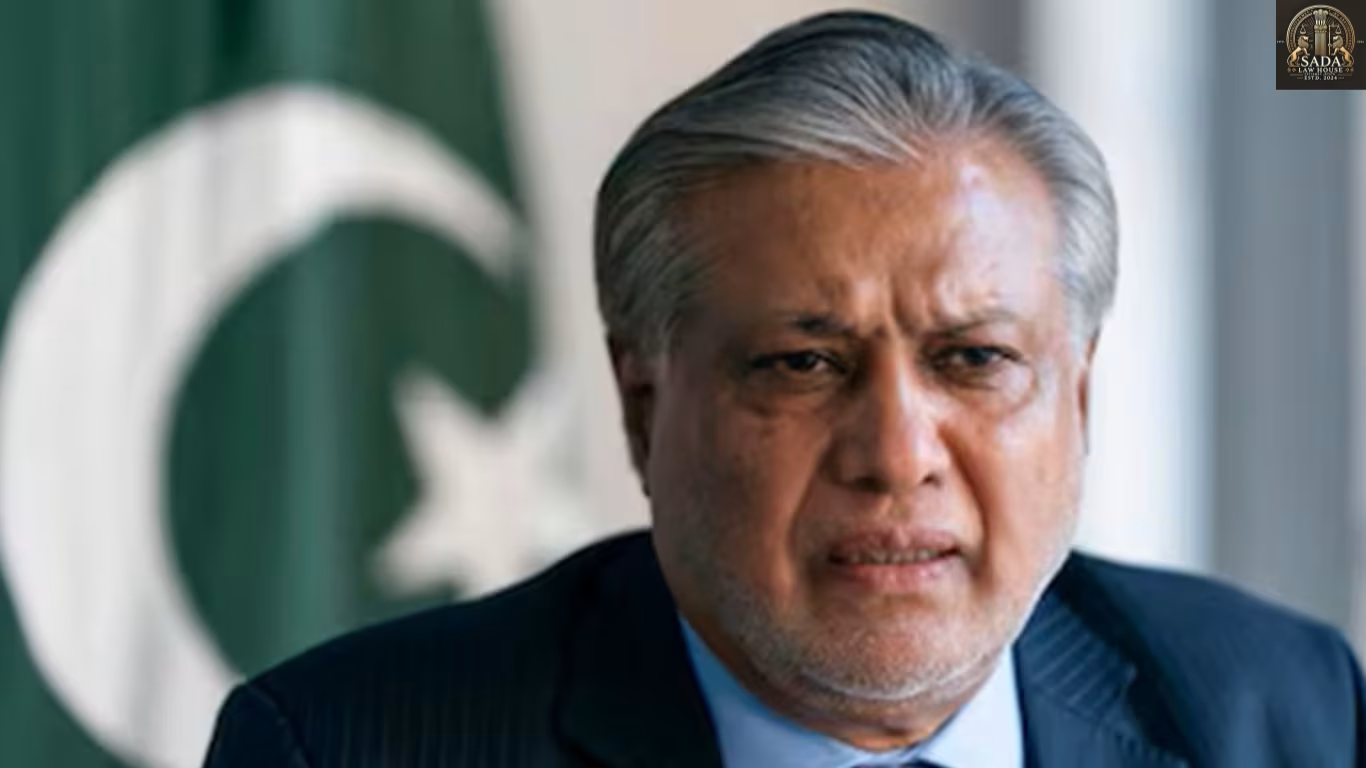Pakistan Confirms India Rejected US Mediation During Operation Sindoor
- Shivani Garg
- 17 September 2025

Introduction:
Pakistan’s Foreign Minister Ishaq Dar has claimed that the United States offered to mediate between India and Pakistan during the escalation known as Operation Sindoor, but India categorically rejected the offer. The controversy highlights India’s consistent refusal to accept third-party involvement in disputes with Pakistan, reaffirming its bilateral-only stance.
Background:
Operation Sindoor followed a major escalation after the Pahalgam terror attack, with India launching strong retaliatory measures. Historically, third parties—including the U.S.—have occasionally claimed involvement in defusing India-Pakistan tensions. India, however, has maintained that any dialogue with Pakistan must occur directly, without external mediation, particularly on issues relating to security and Kashmir.
Key Developments:
Ishaq Dar said U.S. Secretary of State Marco Rubio offered to mediate a ceasefire around May 10.
India, according to Dar, rejected this outright, insisting that talks must remain bilateral.
Pakistan expressed openness to mediation, stressing the need for “comprehensive” dialogue, covering terrorism, trade, economy, and Jammu & Kashmir.
Issues:
India’s Rejection: India’s official stance is that no third-party role was involved in ending hostilities.
Conflicting Narratives: Pakistan claims the U.S. attempted mediation, while India insists ceasefire communications were handled through military channels (DGMO-level).
Sovereignty Concerns: India frames foreign involvement as undermining sovereignty and legitimizing external interference in national security issues.
Diplomatic Optics: U.S. claims (current or past, e.g., Trump) of involvement create political sensitivities for India, suggesting dependence on outside pressure.
Current Status:
India’s Foreign Minister S. Jaishankar and Foreign Secretary Vikram Misri reiterated that India “never accepted mediation, does not accept it, and will never accept it.”
Prime Minister Modi has consistently underlined that all issues with Pakistan are bilateral.
Pakistan continues to push for wider, mediated dialogue, but India remains unmoved.
Conclusion:
The exchange underscores the entrenched positions of both nations: Pakistan’s openness to external facilitation versus India’s strict adherence to bilateralism. While mediation claims from the U.S. may persist, India’s rejection signals continuity in its foreign policy doctrine — keeping control over the narrative of sovereignty, security, and regional stability.






